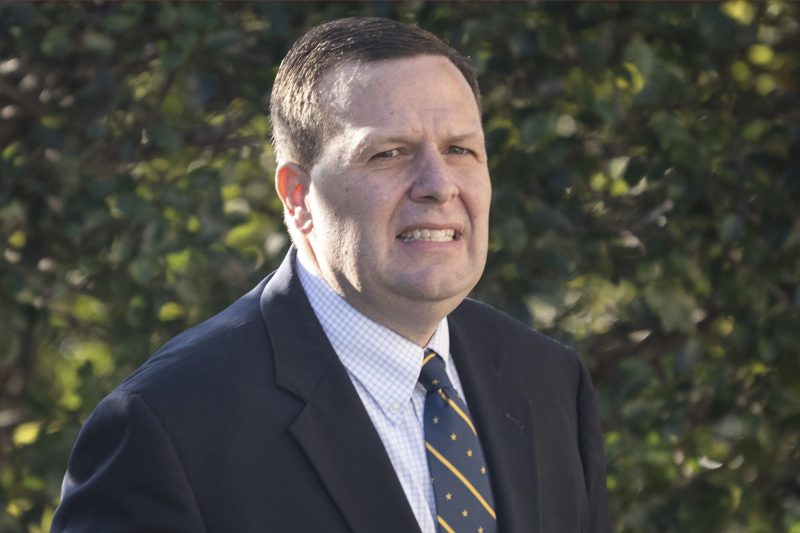In a recent Supreme Court ruling on an Indiana mayor, questions have been raised about the impact of this decision on corruption laws across the United States. The case in question involved the mayor of a small town in Indiana who was accused of trading city contracts for campaign contributions.
The Supreme Court’s decision centered around the interpretation of what constitutes an official act in the context of corruption laws. The Court ruled that in order to be convicted of corruption, an official must take a formal action or make a decision on a specific government matter.
This ruling has significant implications for corruption cases moving forward. By requiring a more stringent definition of what constitutes an official act, the Supreme Court has potentially made it more difficult to prosecute cases of corruption. This could give leeway for officials to engage in corrupt activities under the guise of not meeting the new, more strict legal standard.
Critics of the Supreme Court’s decision argue that it undermines the broader goal of combating corruption and holding public officials accountable. They warn that narrowing the definition of an official act could create a loophole for corrupt practices to thrive, ultimately eroding public trust in government institutions.
In response to the ruling, there is likely to be increased scrutiny on corruption cases and a push for legislative reforms to address the shortcomings highlighted by the Supreme Court decision. Efforts may focus on clarifying and expanding the definition of corruption-related offenses to prevent officials from engaging in unethical behavior without facing legal consequences.
In conclusion, the Supreme Court ruling on the Indiana mayor has raised important questions about the effectiveness of current corruption laws and the need for greater clarity in defining corrupt activities by public officials. Moving forward, it will be crucial for lawmakers, prosecutors, and advocates to work together to strengthen anti-corruption measures and uphold integrity in government.
